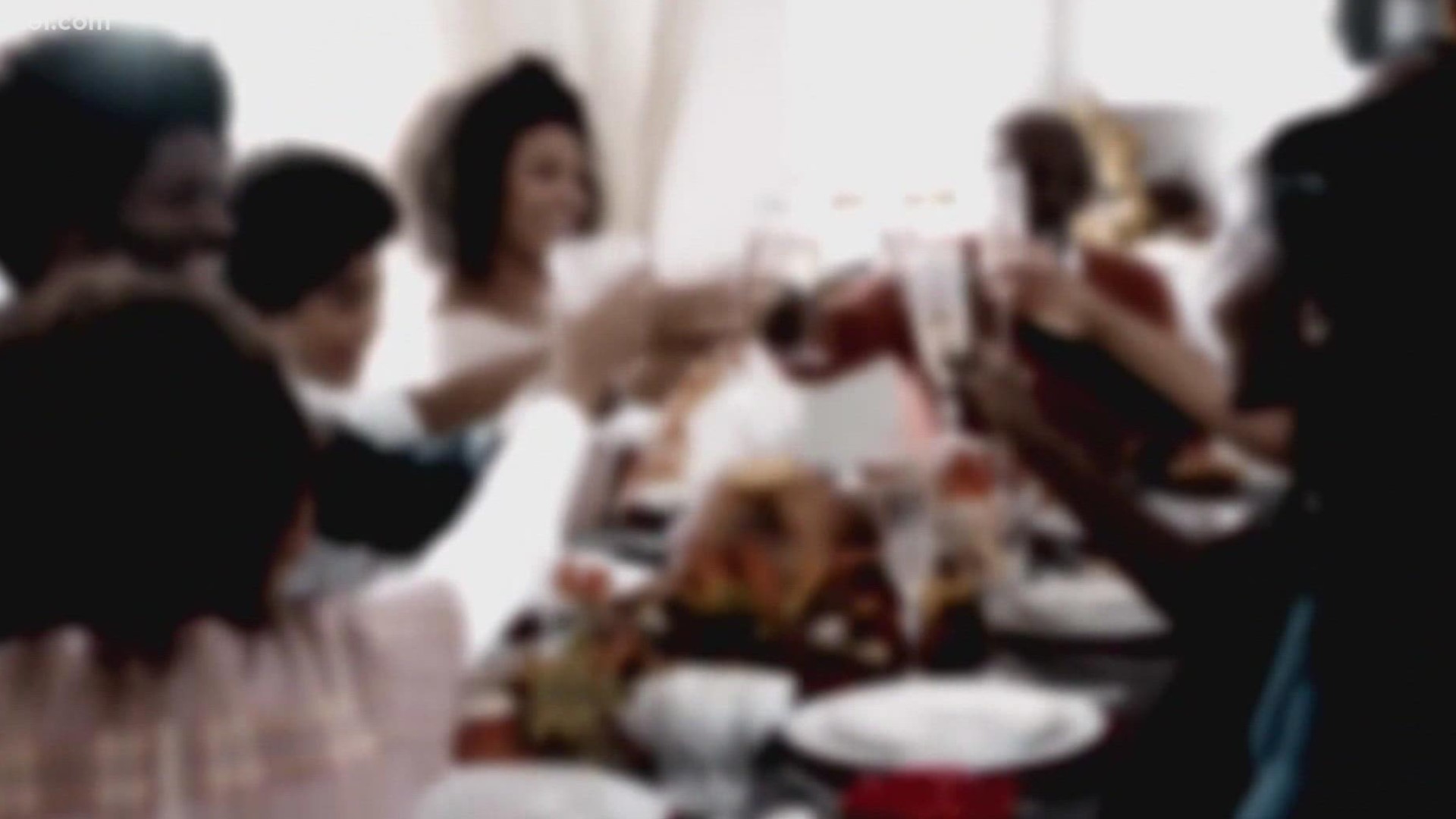TOLEDO, Ohio — While the holiday season may be underway, teens could be finding it hard to feel happy under the potential stress, grief and fear that can come from national news about school shootings.
Closer to home, many are losing classmates and friends to gun violence as Toledo's homicide numbers continue to rise.
The city of Toledo's new record number of homicides has reached 68. One of the latest victims was 14-year-old Damontre Mills, an eighth-grader at Arlington Elementary.
Harbor Psychiatry & Mental Health Director of Psychology Dr. Danielle DeLong said Mills' classmates will definitely need all the adults within the community ready to help deal with this loss.
"The community of support that surrounds students includes teachers, administrators, coaches, neighbors, parents, other caregivers, as well as peers is going to be vital," DeLong explained.
Zepf Center Youth Coordinator and Psychologist Dr. Jason Drummond explained that sometimes teens showcase heavy emotions in various forms.
"Stomach aches, headaches, and things like that. You know, 'I'm so overwhelmed and I don't have any other way of dealing with the emotions that my body turns it into physical pain,'" Drummond said.
Both psychologists agree that adults will not be able to stop all the pain that these kids are experiencing, but they should acknowledge those emotions.
"We say that, you know, 'it's gonna be OK, you're gonna be safe. Here are things that they're doing,' which it's good to educate and talk about the safety things in place, but it's also important to acknowledge the anxiety," Drummond added.
"Understand that their emotional experience, while it may not match ours, or may not be what we hope it could be, it's what they're going through and we need to give them the space to have that," DeLong said.
Sometimes, Drummond said, when an adult is just physically there, even if teens won't admit it, it can be helpful.
"Our brain actually responds to a person physically being in the room. It lights up differently than when we are alone," Drummond added. "A lot of times we don't even have to solve the problem. Allowing them to admit they're anxious or they're upset, they then can solve the problem for themselves."
While some children can solve their own problems, adults should be ready to lend a hand when they ask. Or, if there are big changes in a teen's eating or sleeping habits, a noticeable increase in irritability or if they are withdrawing more than normal, it could be time to intervene or get more help.
DeLong said that big emotions like grief, fear and anxiety can develop over time.
"Loss is happening when we go back to school and they see that empty desk. Loss is happening when they go to that first dance and that person is missing," DeLong said.

